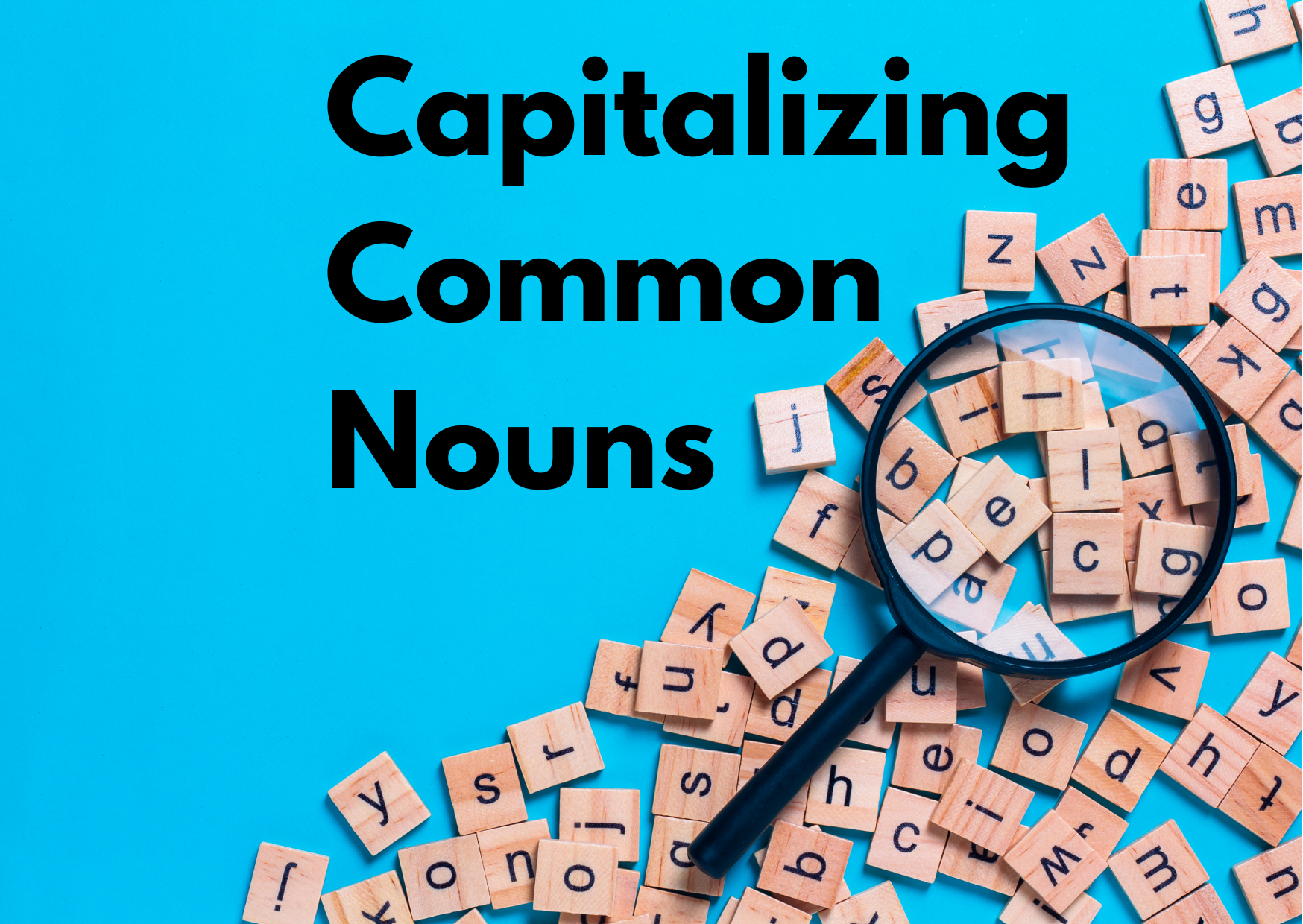It is understandable if you have found yourself pausing when writing spring, summer, fall (autumn), or winter. Should you capitalize them or not?
After all, the days of the week get the capitalization treatment, as do the months. Those are partitions of time, just like the seasons. You have also probably noticed that sometimes you see them capitalized while other times they are not.
There are enough confusing elements of the English language; it’s time to resolve this question once and for all!
Is It Proper to Capitalize the Seasons?
Despite its logic, it is not proper to capitalize these words just because they are time divisions, like the above examples.
Instead, the seasons are categorized with similar periods such as “afternoon,” “morning,” “night,” “evening,” and other words that relate to time but are not considered proper nouns.
Brian enjoys Saturdays during summer because he is off work, and the weather is perfect for swimming.
While “Saturday” gets the distinction of being a proper noun, summer does not, so it has to settle for a lowercase “s.” Sad face.
Every other afternoon in winter, Jacob chops firewood.
In this example, both afternoon and winter are in the no-cap club so that they can commiserate about their insignificance. It’s good to have friends.
Petra isn’t sure whether to call the season “autumn” or “fall.”
Whichever one she chooses to use, one thing is sure: this season isn’t fooling anyone into capitalizing it . . . unless someone names their child after it.
I’m talking about “Fall,” of course. Who would name their child Autumn?
Note: notice (Note-ice?) that “season” doesn’t get to enjoy capitalization, either. Sorry, buddy.
As you might expect, since these are words in the English language, a few exceptions explain why you might have seen these seasons capitalized previously.
When Is It Proper to Capitalize the Seasons?
The most apparent reason you would capitalize a season name is if it’s the first word in a sentence (because any word that starts a sentence gets to feel special!).
Winter is Olivia’s favorite season because she loves snowy days.
Another situation for capitalization is if the word makes up part of a title or the name of something (or someone).
Ulna practiced extremely hard but still failed to qualify for the Winter Olympics.
Here, “Winter Olympics” is a proper noun as it is the name of a specific event.
My sister Summer loves summer because she loves being out of school for summer break.
Check this sentence out! Bonus!
First, the first “Summer” is capitalized because it’s the sister’s name, and the second summer is not because it is used to express the general season.
However, why isn’t the third “summer” capitalized? Isn’t “summer break” a thing? Not officially, no. Just like you wouldn’t capitalize “lunch break.” It only gets the caps if it is the name of a specific event.
For example:
Kirk was so excited that he showed up on the “Spring Break: Hot in the Heat” television special.
See? Since it’s part of the name of a specific show, it gets to be capitalized, but that’s the only reason why.
Well, I Saw a Season Capitalized in a Poem
Oh, did you? That’s a good point.
Sometimes you may see that as a creative expression in the form of a specific literary device: personification.
I wilted as Summer lashed my back with a hot wind.
Personification is the giving of human traits to nonhumans. Summer can’t lash your back; it doesn’t have any arms! Or a whip?
However, the purpose of the literary device is to make a colorful comparison. Since the poet compared summer to a person, the poet has capitalized the name of the season to encourage the personification here.
It also happens with other abstract concepts:
My enemy, Death, tried to take me, but I escaped his grasp once more.
This scenario finds the abstract noun death given the personification treatment and capitalized, like Spring in the former example. It’s a poetic device.






